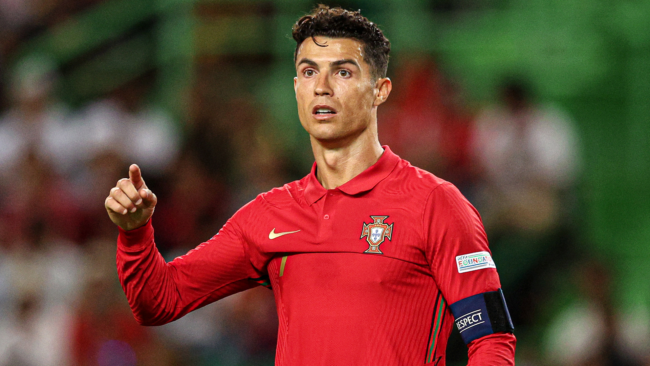
 A unique project involving custom-made public benches to promote the importance of mental health, and the role that football and sport can more broadly play to promote mental well-being was announced Tuesday.
A unique project involving custom-made public benches to promote the importance of mental health, and the role that football and sport can more broadly play to promote mental well-being was announced Tuesday.
Thirty-two “Friendship Benches”, one for each nation competing in the FIFA World Cup Qatar 2022™ , are being built for installation in prominent Doha locations, including the precincts of tournament stadiums, a statement by GlobalHealthStrategies said.
The News Agency of Nigeriaa (NAN) reports that the project is part of the Sport for Health partnership, led by the World Health Organisation and Qatar’s Ministry of Public Health.
Its goal is to demonstrate the importance of mental health and offer advice on ways to promote mental well-being, including through the importance of physical activity and sport.
The initiative is supported by FIFA, the Supreme Committee for Delivery & Legacy, WISH, the Friendship Benches NGO and the WHO Universal Health Coverage Partnership.
In conjunction with World Mental Health Day, a selection of the first benches was presented on Tuesday at 974 Stadium, in Doha, one of the venues for the 2022 FIFA World Cup.
The bench initiative was symbolically inaugurated with the preview of the England bench at Qatar Foundation’s global health event, the World Innovation Summit for Health (WISH) in the lead-up a larger reveal of the benches on World Mental Health Day.
English Athlete Sir Mo Farah, whose 10 Olympic and World Championship gold medals make him the most successful male track distance runner ever, inaugurated the England bench.
He was joined by Her Excellency Sheikha Hind bint Hamad Al Thani, Vice-Chairperson and CEO of Qatar Foundation, for a conversation about sport and mental health – a symbolic recognition of the initiative.
“Meeting Sir Mo and hearing the compelling story of how he left Mogadishu for London as a young boy and the mental health challenges he faced highlighted the importance of sitting down and talking about our mental health.
“I’m proud that Qatar Foundation’s global health initiative is among those helping shine a spotlight on mental health in such an innovative and practical way,’’ Sheikha Hind said.
A special feature appearing on each bench are illustrations with advice describing easy and effective exercises that visitors can practice for their physical health.
“The bench is a simple yet powerful vehicle for promoting mental health, from park benches where people gather to football stadiums where players and staff watch their teams play for the joy and promise of sport and success.
“The Friendship Benches project is a powerful reminder of the importance of how health, from mental to physical health, is precious and common to all people and nations.
“And how, through sports, people can reach out to others, as fellow human beings, in the spirit of solidarity and support,’’ said Dr Tedros Ghebreyesus, WHO Director-General.
H.E. Dr Hanan Al Kuwari, Minister of Public Health, Qatar, said: “The benches project is a tangible, lasting symbol of the importance of the Sport for Health partnership.
“And the goals it is striving to achieve for the upcoming FIFA World Cup™ in Qatar – the first held in the Middle East and Arab world – and the legacy WHO and the Qatar’s Ministry of Public Health are working to leave.
“Mental health is a core component of the Sport For Health partnership and our goal is for the Friendship Benches to provide a place, during and after the FIFA World Cup, for residents and visitors to Qatar to come together and ask each other ‘Are You OK?’ and use the opportunity to engage in dialogue and physical activities,” Kuwari said.






















